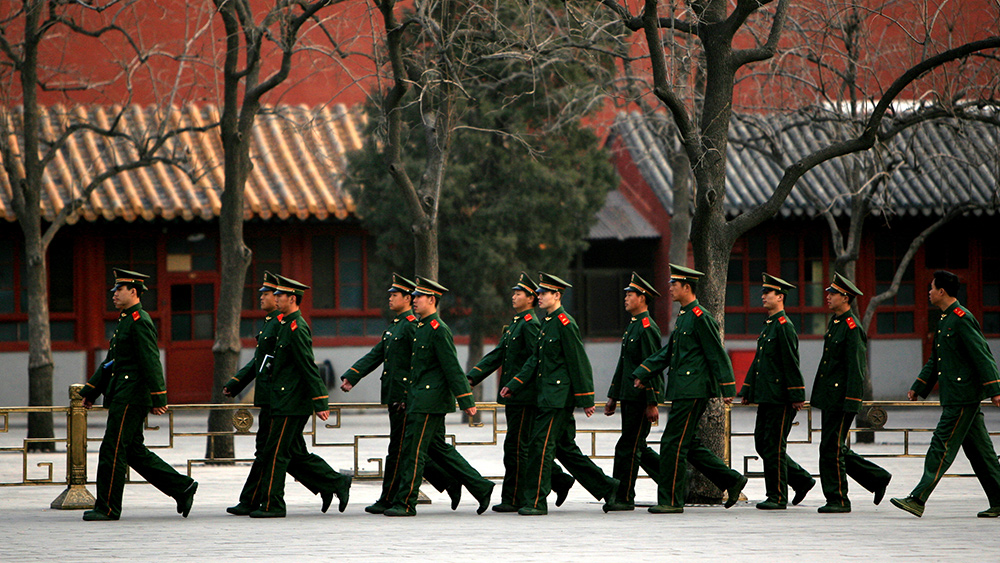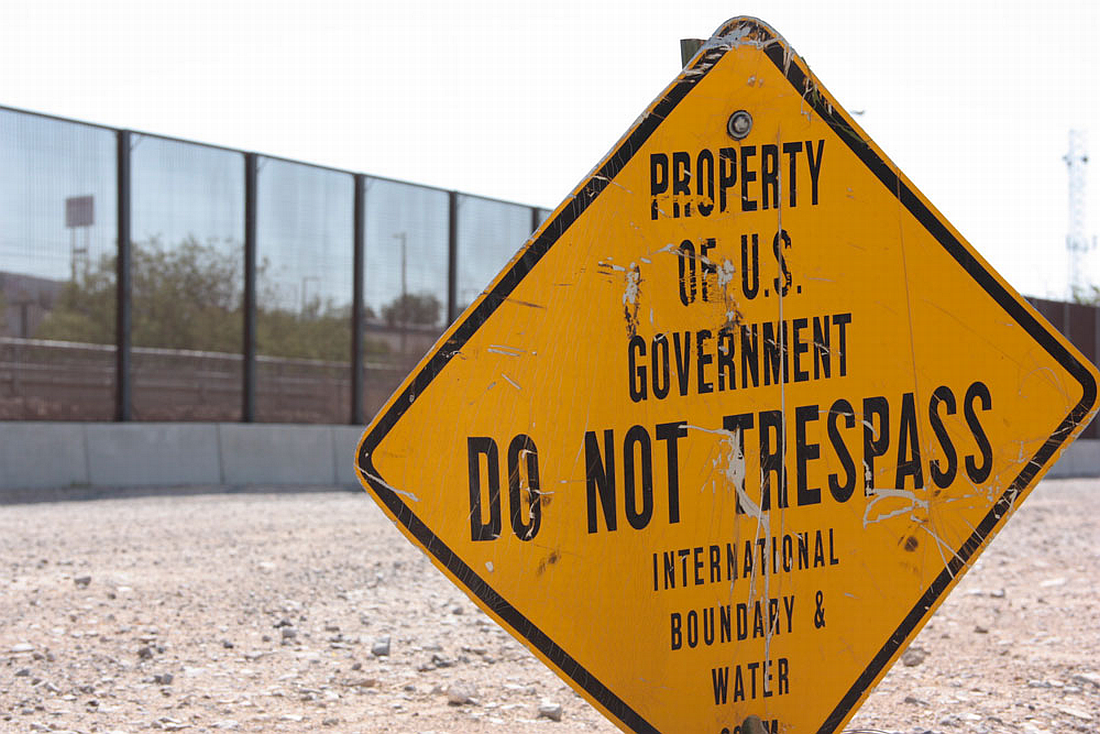
A noted expert on China says he sees signs that the Asian behemoth is making preparations to go to war -- possibly over Taiwan -- and very soon.
Gordon Chang, writing on the 1945 blog, said Communist Party cadres are ordering businesses and entrepreneurs to convert their production over to manufacturing equipment, a sure sign that Beijing is stocking up for war.
"Last month, a Chinese entrepreneur making medical equipment for consumers told me that local officials had demanded he convert his production lines in China so that they could turn out items for the military. Communist Party cadres, he said, were issuing similar orders to other manufacturers," Chang wrote. "Moreover, Chinese academics privately say the ongoing expulsion of foreign colleagues from China’s universities appears to be a preparation for hostilities."
"The People’s Republic of China is preparing to go to war, and it is not trying to hide its efforts. Amendments to the National Defense Law, effective the first day of last year, transfer powers from civilian to military officials," he added.
Overall, Chang noted that the provisions in the law take power away from the central government's State Council and hand additional authority to the CMC, which is the party's Central Military Commission. The China expert also noted that the State Council would not be in charge of supervising the mobilization of the People's Liberation Army and other military branches.
“The CMC is now formally in charge of making national defense policy and principles, while the State Council becomes a mere implementing agency to provide support for the military," Zeng Zhiping of Soochow University told Hong Kong’s South China Morning Post.
Chang noted that in some ways, the amendments to the existing law "were window dressing."
“Recent changes to China’s National Defense Law that diminish the power of the State Council are largely political posturing,” Richard Fisher of the Virginia-based International Assessment and Strategy Center told Chang not long after the changes were made. “The Chinese Communist Party and particularly its subordinate CMC have always held supreme power over decisions regarding war and peace.”
Why, then, do the amendments to the National Defense Law matter?
Because, as Fisher explained, they “point to China’s ambition to achieve ‘whole nation’ levels of military mobilization to fight wars and give the CMC formal power to control the future Chinese capabilities for global military intervention.”
“The revised National Defense Law also embodies the concept that everyone should be involved in national defense,” says the Communist Party’s Global Times, essentially laying out the government's position on the issue by 'quoting' an unnamed CMC official. “All national organizations, armed forces, political parties, civil groups, enterprises, social organizations, and other organizations should support and take part in the development of national defense, fulfill national defense duties, and carry out national defense missions according to the law.”
Earlier this month, Fisher told the blog: “For the past 40 years, China’s Communist Party has been preparing for brutal war, and now the ruling organization is accelerating its plans.”
Chang further notes:
The Party, as it readies itself for combat, is leaving nothing to chance. In March, its Central Organization Department issued an internal directive prohibiting the spouses and children of ministerial-level officials from owning foreign real estate or shares registered offshore. The ban also appears to apply to such officials themselves as there are reports of their selling foreign assets. Moreover, such officials and immediate families are not, except in limited circumstances, allowed to open accounts overseas with financial institutions.
The directive, issued soon after the imposition of sanctions on Russian officials for the “special military operation” in Ukraine, appears designed to sanction-proof Chinese officials.
American officials appear to be aware of what is taking place. After House Speaker Nancy Pelosi visited Taiwan late last month, another congressional delegation traveled to the island democracy.
Both countries appear to be gearing up to go to war over Taiwan.
Sources include:
Please contact us for more information.


















